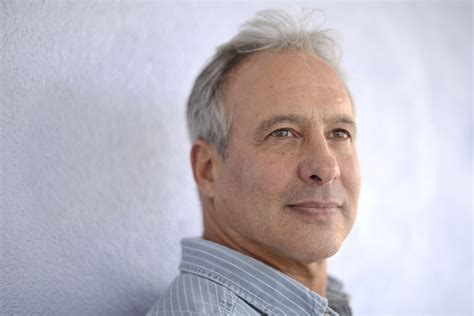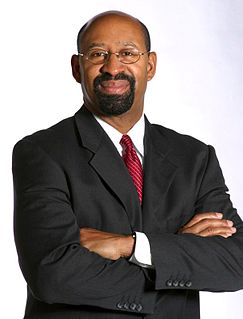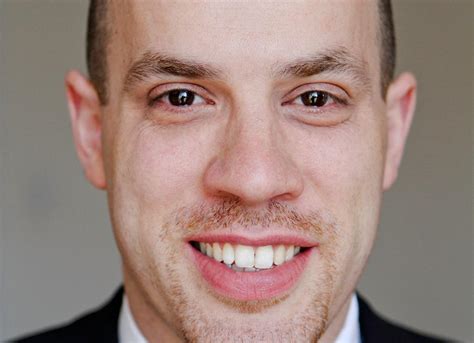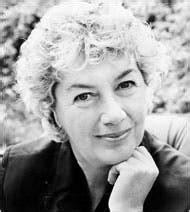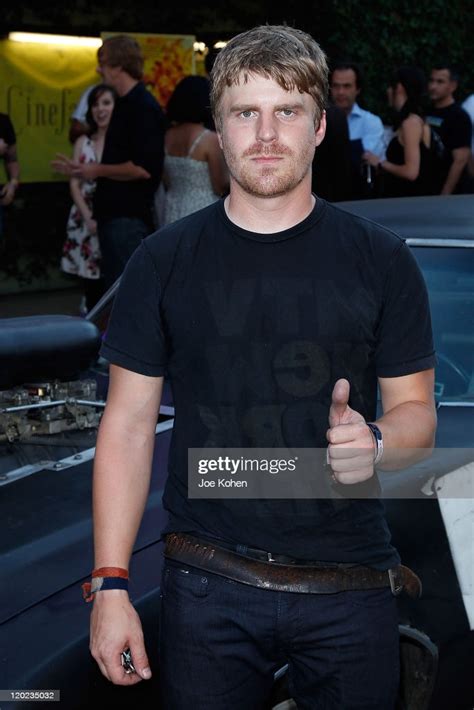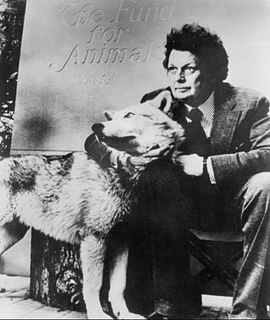A Quote by Janet Mock
My first book was about grappling with my identity and transitioning medically and socially as a young person. At that point, it hadn't been told yet. There wasn't a trans memoir that was written from the perspective of a young person that transitioned.
Related Quotes
In my view, philosophers have shown a great deal more respect for the first-person point of view than it deserves. There's a lot of empirical work on the various psychological mechanisms by way of which the first-person point of view is produced, and, when we understand this, I believe, we can stop romanticising and mythologising the first-person perspective.
There has certainly been a great deal of work addressing the relationship between naturalism and the first-person perspective. Quite a number of philosophers have suggested that there are features of the first-person perspective that naturalism just cannot accommodate, whether it be qualitative character, or consciousness, or simply the ability we have to think of ourselves in a distinctively first-person manner.
Novels are completed when they are finished, but the memoir changes its own conclusion by virtue of being written... I was not at all the same person, when I handed the manuscript to the publisher, as I had been when I began. A memoir may always be retrospective, but the past is not where its action takes place.
Buddha introduced the idea that young people should become sannyasins. Then it is something significant. When a young person goes beyond sex, when a young person goes beyond desires, when a young person goes beyond greed, ambition, the longing to be powerful, the ambition to be famous, then it is something tremendously meaningful, significant.
It used to be said that, socially speaking, Philadelphia asked who a person is, New York how much is he worth, and Boston what does he know. Nationally it has now become generally recognized that Boston Society has long cared even more than Philadelphia about the first point and has refined the asking of who a person is to the point of demanding to know who he was. Philadelphia asks about a man's parents; Boston wants to know about his grandparents.



